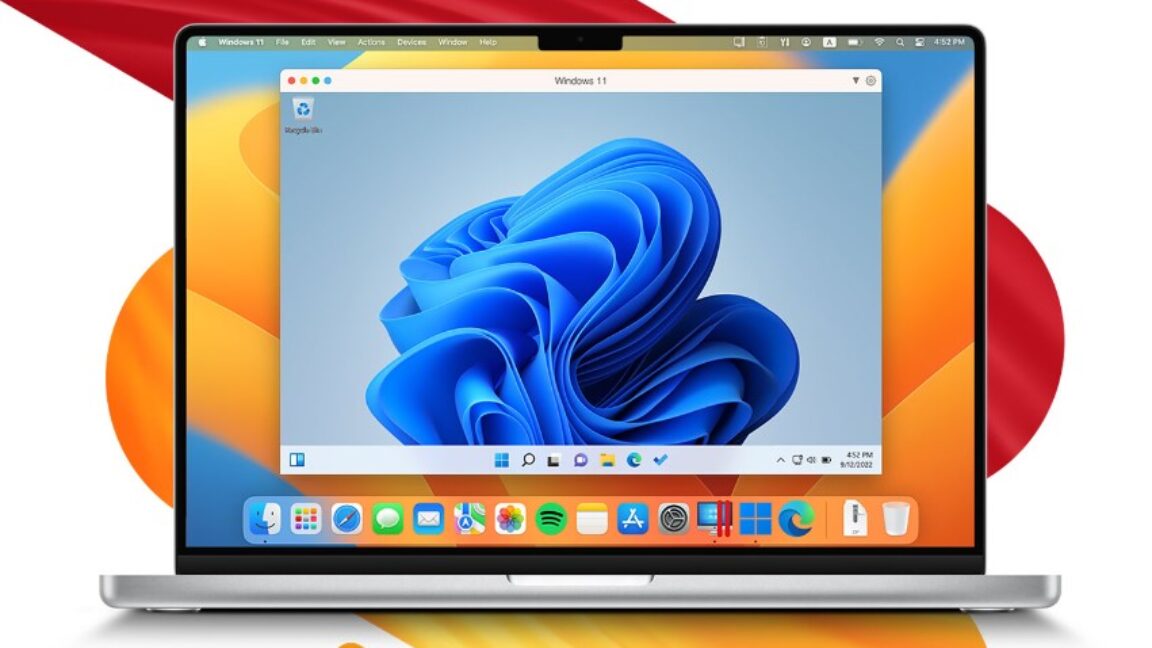Parallels Desktop gains “really slow” support for x86 OSes on Apple Silicon
"Early technology preview" is promising but has lots of limitations for now.

Virtualization software like Parallels and VMware Fusion give Mac owners the ability to run Windows and Linux on top of macOS, but for Apple Silicon Macs, that support was limited to the Arm-based versions of those operating systems. And while Windows and Linux both support some level of x86-to-Arm app translation that attempts to maintain compatibility with most software, there are still plenty of things that demand an Intel or AMD processor with the x86 instruction set.
Last week, Parallels released a new update that partially resolves this problem: Users of Parallels Desktop Pro 20.2.0 now have access to x86 operating systems via an "early technology preview" of Parallels' "proprietary emulation engine."
The technology preview is currently limited to certain 64-bit versions of Windows 10, Windows 11, and Windows Server 2019 and 2022. Parallels also says it has tested several UEFI-compatible Linux distributions, including Ubuntu 22.04.5, Kubuntu 24.04.1, Lubuntu 24.04.1, and Debian versions 12.4 to 12.8. Fedora will install, but it's unstable. 32-bit versions of operating systems, as well as older versions of Windows like Windows 7 or 8, aren't supported.










.webp?#)








